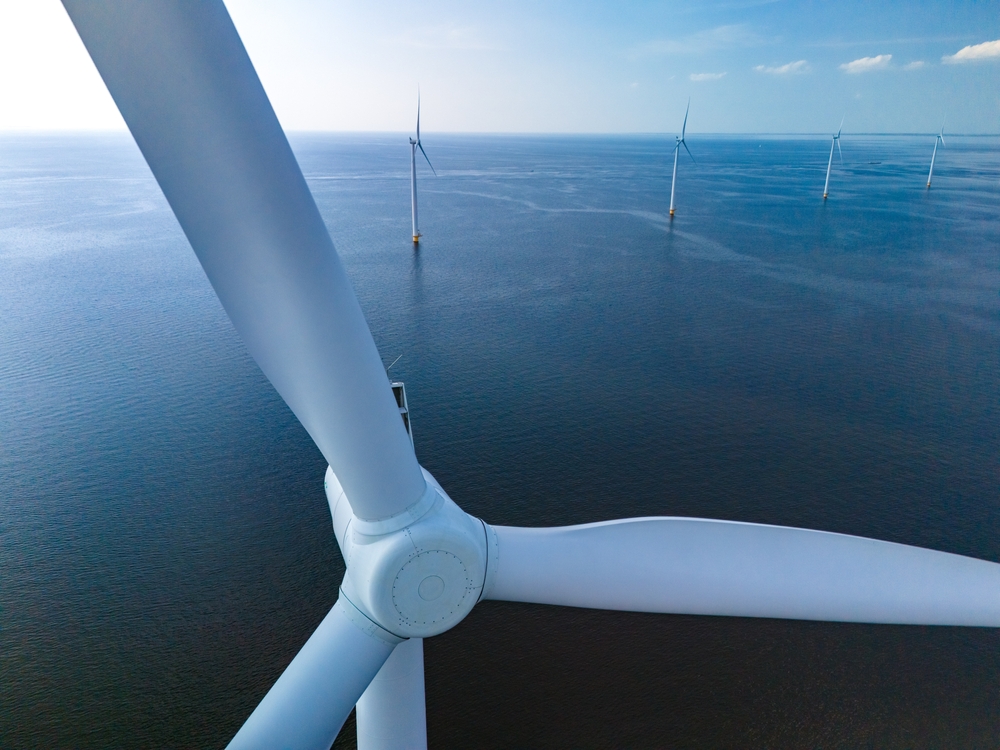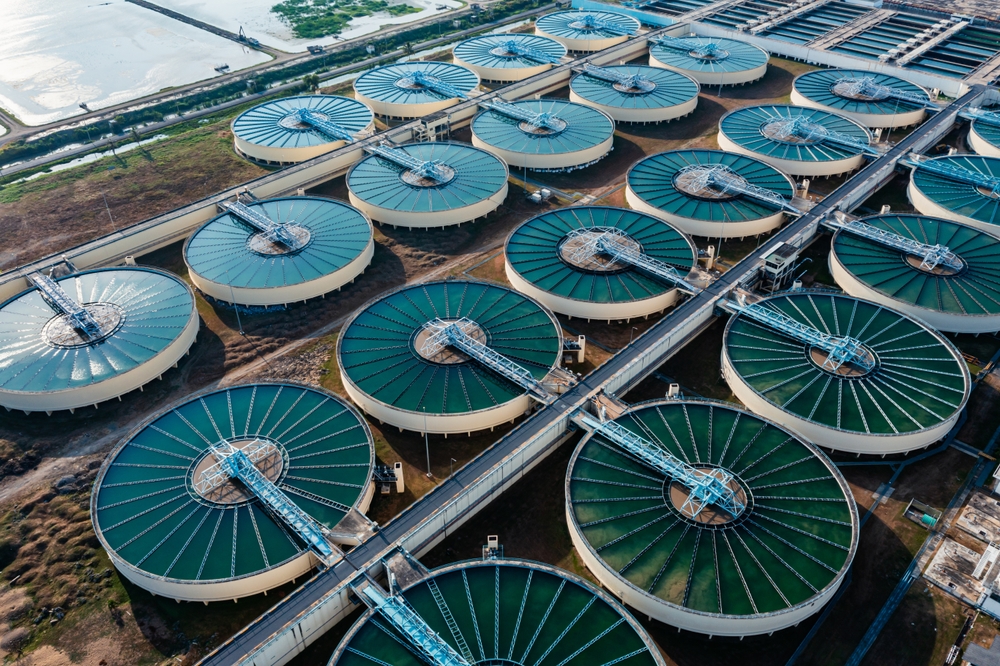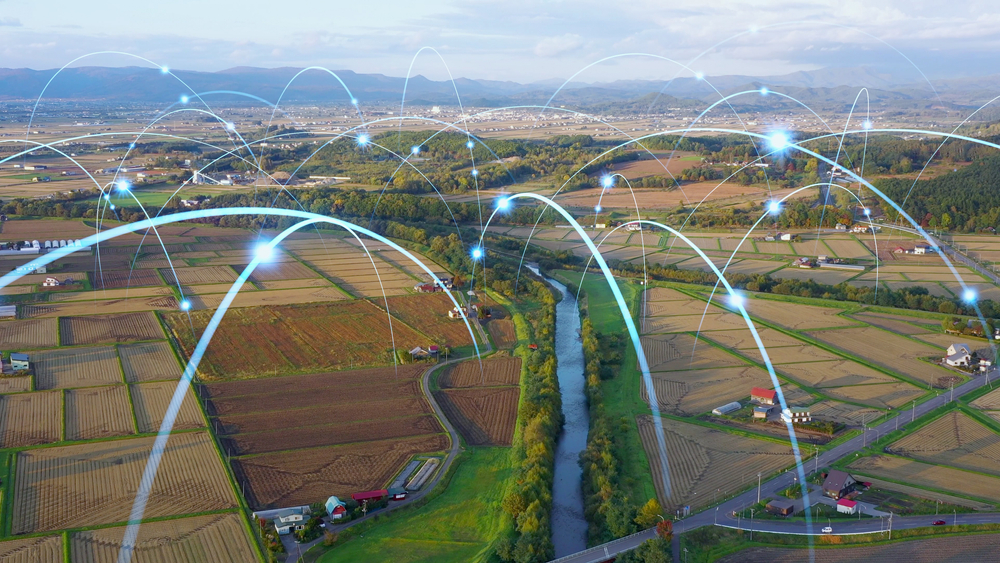In an era where environmental awareness and sustainability are paramount, technological innovations play a crucial role. This article explores modern technologies that contribute to protecting our environment and promoting sustainable solutions.
Renewable Energies
Advances in solar, wind, and hydro power technologies have revolutionized the landscape of clean and sustainable energy generation. Solar power harnesses sunlight through photovoltaic panels, while wind turbines convert wind energy into electricity. Hydroelectric power utilizes the natural flow of water to generate electricity. These renewable energy sources produce minimal environmental impact and contribute to reducing carbon emissions compared to fossil fuels. Their continued development and deployment are crucial in transitioning towards a more sustainable and resilient energy future.

Electric Mobility
Electric vehicles (EVs) and the expansion of charging infrastructure are pivotal in reducing CO2 emissions within the transportation sector. EVs produce zero tailpipe emissions, significantly lowering greenhouse gas emissions compared to traditional internal combustion engines. The establishment of widespread charging networks supports the adoption of EVs by providing convenient and reliable charging options, encouraging more drivers to transition to cleaner transportation alternatives. This dual approach contributes to mitigating air pollution and advancing sustainable urban mobility solutions.
Circular Economy and Recycling Technologies
Innovative processes and technologies are revolutionizing material recycling and waste reduction efforts. Advanced sorting systems and recycling machinery improve efficiency in separating and processing recyclable materials. Chemical recycling and upcycling technologies further enhance the ability to convert waste into valuable resources. Embracing circular economy principles ensures products are designed for longevity and recyclability, fostering sustainable practices. These innovations play a crucial role in minimizing waste generation, conserving resources, and mitigating environmental impact for a more sustainable future.
Smart Grids
Intelligent grids play a crucial role in optimizing energy distribution and enhancing the efficiency of renewable energy utilization. These grids integrate advanced technologies such as smart meters, sensors, and automation systems to monitor energy consumption in real-time. By analyzing data and adjusting energy flow accordingly, intelligent grids reduce wastage and improve overall efficiency. They also facilitate the seamless integration of renewable energy sources like solar and wind power into the grid, ensuring stable and sustainable energy supply. This technological advancement is pivotal in transitioning towards a more resilient and eco-friendly energy infrastructure.

Green Architecture and Energy-Efficient Building Technologies
Modern construction techniques focus on minimizing energy consumption and preserving resources. This includes using sustainable materials like recycled steel and bamboo, employing energy-efficient designs with natural ventilation and insulation, and integrating renewable energy sources such as solar panels. Technologies like Building Information Modeling (BIM) reduce waste during construction, while water conservation measures like efficient plumbing further enhance sustainability. These practices ensure buildings are not only energy-efficient but also environmentally responsible, supporting long-term sustainability goals.
Sustainable Agricultural Technologies
Technological advancements are transforming agriculture, making it more efficient and environmentally friendly. Precision farming techniques, including the use of GPS-guided machinery and drones, allow farmers to optimize the use of resources such as water, fertilizers, and pesticides. This not only increases crop yield but also minimizes environmental impact by reducing runoff and pollution.
Water Management Technologies
Innovative technologies for monitoring, purifying, and efficiently utilizing water resources play a crucial role in sustainable water management. Advanced monitoring systems equipped with sensors and data analytics enable real-time assessment of water quality, identifying contaminants and ensuring safe drinking water. Purification technologies such as membrane filtration, UV disinfection, and advanced oxidation processes remove pollutants effectively. Additionally, smart water grids and IoT solutions optimize water distribution, reduce leaks, and promote efficient water use, supporting environmental conservation and resilience in water-scarce regions.

Air Purification Technologies
Efforts to reduce air pollutants and enhance air quality in urban areas are multifaceted and involve a range of innovative systems and strategies. One key approach is the establishment of comprehensive air quality monitoring networks. These networks employ advanced sensors and technology to continuously measure pollutants such as particulate matter (PM2.5), ozone (O3), nitrogen oxides (NOx), sulfur dioxide (SO2), and volatile organic compounds (VOCs). The data collected from these networks enable authorities to assess air quality levels in real-time, identify pollution hotspots, and implement targeted interventions.
Biotechnology and Sustainable Materials
Advances in biotechnology are driving the development of eco-friendly and biodegradable materials, revolutionizing sustainable manufacturing practices. Biotechnological innovations enable the production of materials such as bioplastics, which decompose naturally without harming the environment. Moreover, bio-based materials derived from renewable sources reduce dependence on fossil fuels and mitigate carbon emissions. These advancements not only offer sustainable alternatives to conventional materials but also contribute to minimizing environmental pollution and supporting a circular economy model focused on resource efficiency and conservation.
IoT (Internet of Things) in Sustainability
Connected devices and sensors are pivotal in revolutionizing energy and resource management by providing real-time data for optimization. These technologies enable smart grids to balance energy supply and demand efficiently. In industrial settings, sensors monitor machinery to optimize performance and minimize energy waste. In homes, smart meters track electricity usage, empowering users to make informed decisions for energy conservation. Overall, these innovations foster sustainable practices by maximizing efficiency and reducing environmental impact through intelligent resource management.

Green IT
Strategies and technologies aimed at reducing energy consumption and minimizing environmental impact within the realm of information and communication technology (ICT) are crucial for sustainable development. Innovations such as energy-efficient servers, virtualization techniques to optimize resource utilization, and the adoption of renewable energy sources for data centers play pivotal roles. Additionally, initiatives promoting e-waste recycling, designing energy-efficient hardware, and implementing smart cooling systems further contribute to mitigating ICT’s environmental footprint, ensuring a greener technological future.
Conclusion
These technologies exemplify the transformative power of innovation in advancing sustainability goals, offering promising solutions to build a more environmentally friendly future. By harnessing cutting-edge technology, we can effectively reduce our ecological footprint, protect natural resources, and foster a sustainable world for current and future generations to thrive in. This proactive approach ensures a holistic approach to environmental stewardship, emphasizing the importance of technological advancement in achieving global sustainability objectives.

